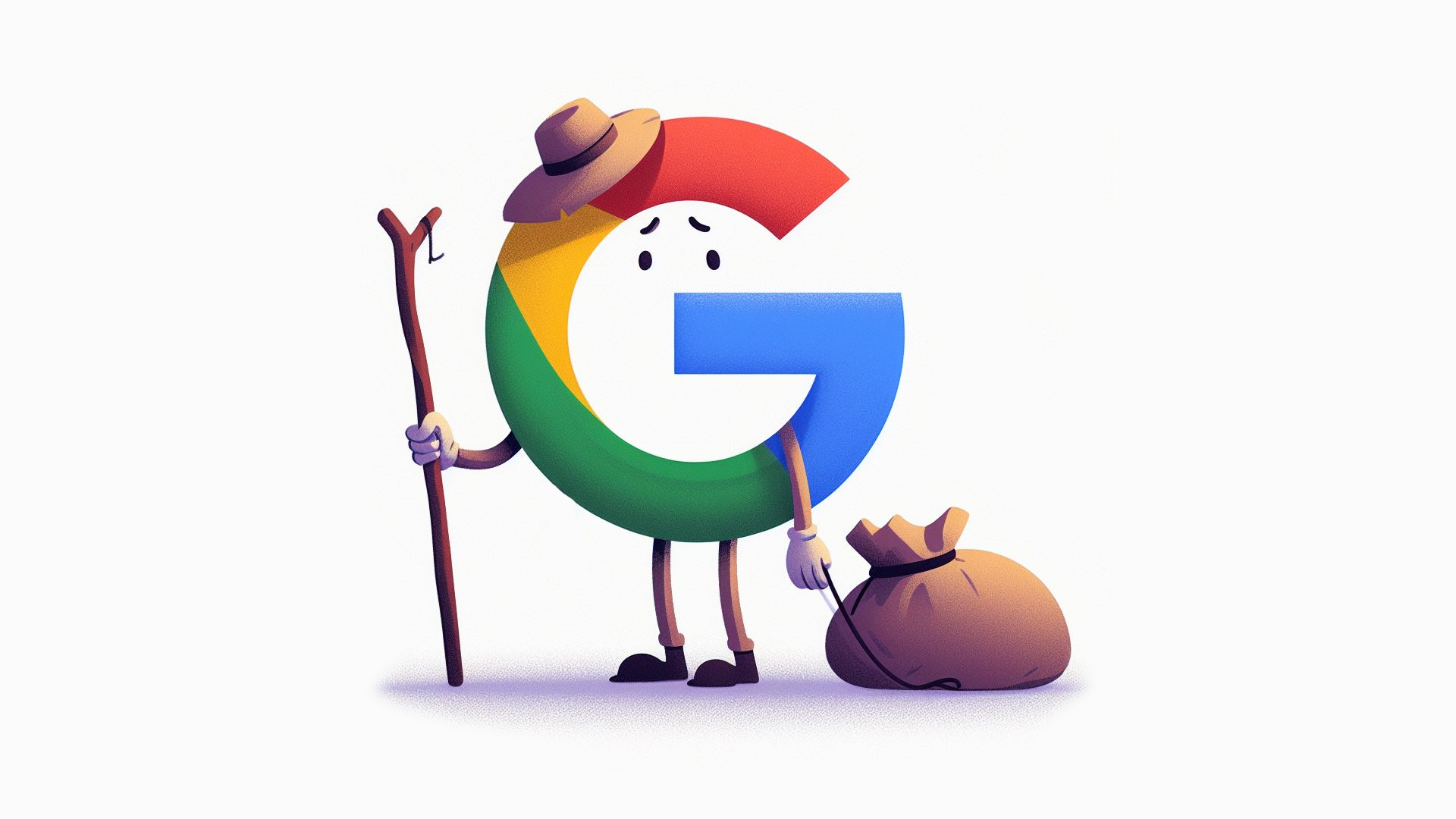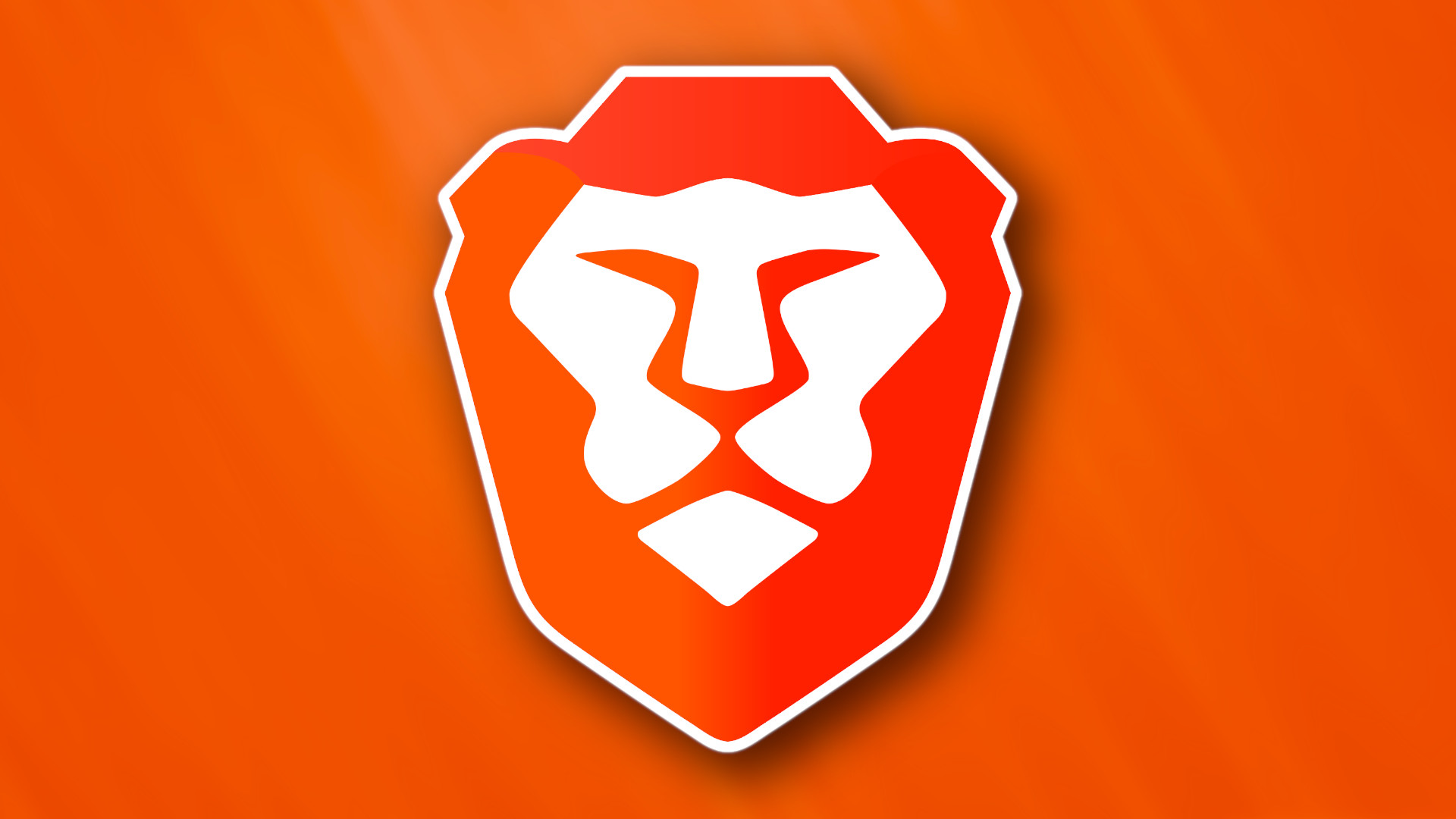I'm done with Google Chrome: Here's where I'm heading next
Chromeless

Following on from this article, I put a wider number of web browsers through their paces in search for a home away from Chrome. Here's where I ended up, and why.
Google Chrome has been the copilot to my internet adventures ever since the browser launched in 2008 — and even though it’s never cost me a dime, the hours I’ve invested have left me in something of a sunk-cost fallacy when it comes to giving it up. But I think it’s about time I ripped this bandaid off and venture on to greener pastures.
My digital life resembles some sort of Peanuts comic, with me as Linus and Chrome as my old weathered comfort blanket. It’s often the first piece of software I install on any device that allows me to: Phones, laptops, tablets; Apple, Windows, Linux; just kidding, I don’t use Linux, I’m not a masochist.
When it was released, Chrome was the coolest thing to happen to the internet since being able to click “I’m over 18” when you absolutely weren’t. It offered a lightweight and speedy way of browsing the web that was practically unparalleled, especially when compared to Microsoft’s dastardly Internet Explorer.
But that was some 15 years ago now, and I’ve slowly come to the realization that in recent years Google Chrome stopped being the hero some time ago, and has officially lived long enough to become the villain.
Google Chrome: It's not me, it's you
Nowadays, Chrome doesn’t feel all that lightweight and speedy. My modern-day experience with Google’s browser feels a lot less like sprinting to the finish line and a lot more like slogging through a swamp of treacle in lead boots.
If you’ve ever dared to crack open the task manager while Chrome chutters along then you know exactly what I’m talking about. There, Chrome processes multiply and spread like I’ve failed to adhere to any rule in the “How to properly care for your Google Mogwai” handbook.
Gremlin doppelgangers of my once beloved browser spring up in abundance to take part in some Hungry, Hungry Hippos battle royale to see who can be crowned king of gobbling up the most RAM and bringing my machine to a juddering halt the fastest.
Sign up to receive The Snapshot, a free special dispatch from Laptop Mag, in your inbox.
I’m not sure what half of Chrome’s seemingly every-other-day updates even do, but I know it’s not making anything faster — and they’ve yet to add the toggle switch for “Simulate the thermals of a nuclear control rod when running more than 5 tabs” option to the chrome://flags/ page, instead, Google seemingly presumes that’s a feature I want on by default.
Worse still, I can’t shake the feeling that the Googleplex has some suit-wearing corporate overlord salivating like Pavlov’s dog every time I click a link or strike enter at the end of a search query.
And so, I think it’s time. Time that I gave up on Chrome and found myself a new portal to the internet. I need to get with the times a little and sow my wild bookmarks.
Top 3 Google Chrome alternatives in 2023
The Browser Wars of yesteryear are well and truly over. Where once there were just a handful of mega powers in the ‘browseosphere’ there’s now more choice than a hipster brewery. Sadly, more choice can mean more confusion, making the decision of what to switch to far harder than the decision to switch at all.
However, among that sea of windows to the World Wide Web are some genuine stand-out candidates. Some are all new debutantes, some are reaping the rewards of decades of hard graft, and one is a comeback story so unlikely that I’m amazed it’s not screaming “We did it, Adrian. We did it” so loud my eardrums burst.
After a week of browsing around (pun incredibly intended), here are three options I’ve earmarked for my new digital doorway to the dub dub dub.
1. Opera One / Opera GX

Opera is a veteran of the Browser Wars, though only ever existing on the fringes. Like some cowardly bowman who occasionally flung an arrow in the general direction of all the action before giving up and going home early.
However, reports of the browser’s surrender appear to have been greatly exaggerated. Unbeknown to me, Opera has been out there all this time, living in the wilds like Hiroo Onoda, fighting a war long since lost. Not only did Opera refuse to throw in the towel, it made the leap to Chromium in 2016 and now exists in two formidable forms: Opera GX and Opera One.
Opera GX launched for macOS and Windows in 2019, with mobile versions for iOS and Android following in 2021. Opera GX is a gamer-oriented browser focused on preserving system resources and offering deeper integration with popular apps like WhatsApp, Twitch, Discord, Twitter/X, and Instagram.
The so-called “browser for gamers” allows users to set limits on the amount of RAM, CPU, and network usage the app is able to lay claim to — ensuring that performance can be shifted to where it’s wanted. Better still, a feature called GX Corner keeps track of upcoming releases, the best discounts and deals on popular titles, and the latest gaming news from around the web.
Then, earlier this year Opera relaunched as Opera One — a completely redesigned browser with a new look and focus. It incorporates a new Modular Design philosophy that adapts to user’s needs by only focusing on the key features they commonly make use of. It also uses a Multithreaded Compositor to ensure webpages with modern elements such as 3D visuals or high-definition video run smoothly and to keep the browser at its best even under heavy load.
Opera One is also well and truly on the generative AI bandwagon, with its own Aria AI alongside ChatGPT and ChatSonic sidebar integration and smart AI prompts available from within web pages. These AI prompts can be used to simplify articles, summarize pages, and quickly line up social media posts to your linked accounts. The browser’s smart-features only go on from there, with context-based tab grouping for easier navigation,
Opera One / Opera GX features:
- Built-in ad blocker
- Contextual tab sorting
- Player / Messenger integration
- Resource manager
- AI Prompts and Aria AI
- ChatGPT and ChatSonic
- Free VPN
- Forced dark mode
2. Brave Browser

- Available on: Windows, macOS, Linux, Android, iOS
- Website: Brave
Where Opera GX is the browser for gamers, Brave is the browser for paranoid conspiracy theorists with a penchant for Crypto. The problem is, they’re also right. Just because you’re paranoid, doesn’t mean they’re not out to get you — or at least your marketing details.
What sets Brave apart from other browsers is its unrelenting pursuit of online privacy. Without your direct consent, your data remains yours when making use of the Brave browser, with the software dead set on blocking invasive ads, cross-site trackers, and third-party cookies in all their forms.
Brave offers malware and phishing protection, a free VPN, and even proxy access through the Tor network for anonymized network routing. The latter ensures your online activities in private windows remain anonymous and untraceable — something other browsers’ incognito/private windows only pay lip service to.
Brave users can also earn Brave Rewards, or BAT (Basic Attention Tokens) , a type of cryptocurrency earned by seeing and interacting with ads in Brave. By default, ads are blocked on Brave, though if you choose to see Brave ads, you can earn BAT for every ad you see or interact with. You can also choose which kind of ads you’ll see and how you see them — giving you complete control and reassurance that these ads won't track your data or send it elsewhere.
BAT is stored safely in your Brave Wallet, a fully-featured, native crypto wallet built directly into the browser. Earned BAT can then be used to purchase gift cards for your favorite stores or services, or even donated to charities, content creators, or websites you support.
Brave Browser features:
- Built-in ad blocker
- Free video calls
- Built-in Crypto wallet
- 3rd Party/Tracking cookie blocker
- Rewards program
- Free VPN / Firewall
- News & content playlists
- Independent search engine
3. Microsoft Edge

- Available on: Windows, macOS, Linux, Android, iOS
- Website: Microsoft Edge
Trust me, I can’t believe I’m saying this either. The browser I once thought of as little more than a skin suit worn by my old nemesis Internet Explorer, is apparently in the midst of being crowned the comeback kid by many. And it owes a lot of that momentum to Microsoft’s newest pet project — Bing. No, not that Bing, Bing Chat. Although the two are now so heavily intertwined it’s sometimes hard to tell the difference.
Microsoft’s two-footed leap into AI has paid off big time with the company now reaping rewards left right and center by way of access to OpenAI’s GPT-4 and Dall.E models. Both of these are implemented into the Edge browser through Microsoft’s AI chatbot — affording users quick access to generative search, image creation, and content creation at the drop of a hat.
While it might play host to the world’s ugliest start page, Edge now sits at the center of a wider ecosystem featuring deep integration with a ton of Microsoft’s web-based tools. like Microsoft 365 and Outlook readily accessible in the sidebar. Said sidebar also houses a deals tracker that automatically searches for applicable vouchers on sites you visit and can track your orders across multiple sites. And, there’s also Drop, a sort of temporary stash to send files, links, and notes between all of your devices using Edge.
Then there are the benefits afforded to users who force themselves to use Microsoft’s search engine, Bing. In a not-all-that-subtle way of letting you know “Our search engine is so bad we’ll literally pay you for using it” Microsoft rewards… Bingers (?) with Microsoft Rewards points for each search.
These points can then be cashed in on a mix of both digital and real-world goodies, including Xbox Game Pass memberships, store vouchers, gift cards, or sweepstakes entries to Microsoft hardware giveaways. You can also earn bonus points for doing much of what you’d get up to online anyway like browsing the news or checking your local weather.
Microsoft Edge features:
- Bing Chat integration
- Microsoft 365 / Outlook integration
- Microsoft rewards program
- Clarity Boost media upscaling
- Bing Image Generator
- Built-in coupon/deals tracker
- Drop file-sync
- Edge Secure Network VPN
Outlook
For the sake of brevity, this list is limited to just three of the more interesting browsers currently available. However, that still leaves a ton of candidates on the table. Classics like Firefox and Safari still have plenty to offer and ‘newer’ browsers like Vivaldi can uniquely tailor your browsing experience on an individual level.
If you’re looking to pry away from the safety blanket that is Google Chrome, and make your way out from under the marketing thumb of the Googleplex, there’s a great selection of browsers to choose from. Potentially, one far better suited to you than the one you’re settling for now.

Rael Hornby, potentially influenced by far too many LucasArts titles at an early age, once thought he’d grow up to be a mighty pirate. However, after several interventions with close friends and family members, you’re now much more likely to see his name attached to the bylines of tech articles. While not maintaining a double life as an aspiring writer by day and indie game dev by night, you’ll find him sat in a corner somewhere muttering to himself about microtransactions or hunting down promising indie games on Twitter.
